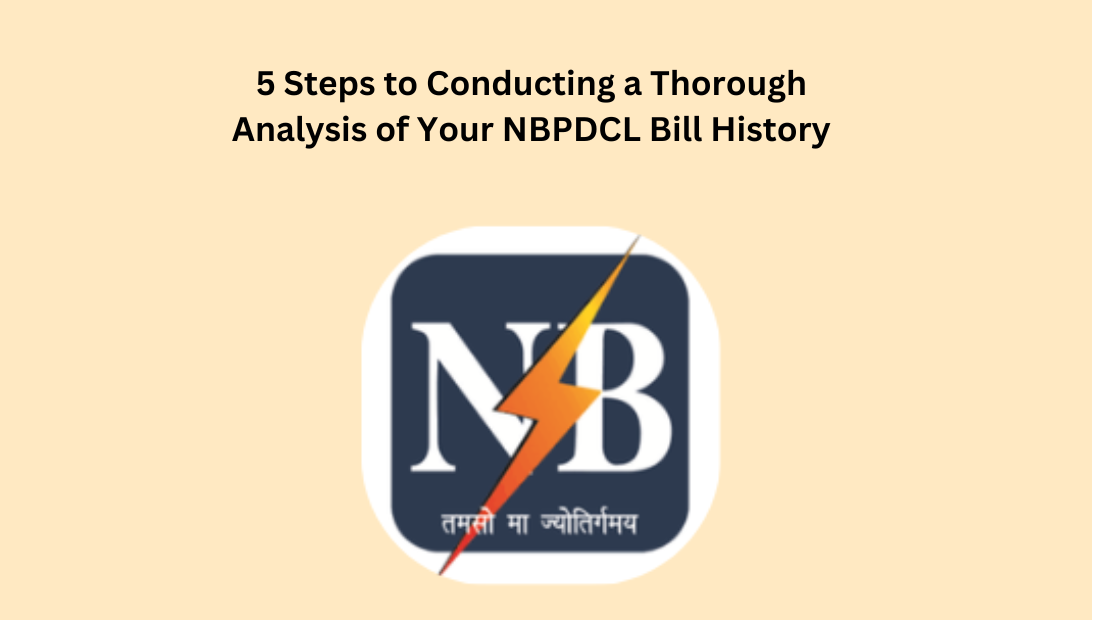Accounting is often considered the language of business, serving as a crucial tool for financial management and decision-making. However, for many students, accounting assignments help can be daunting tasks that require not only a solid understanding of accounting principles but also effective problem-solving skills. In this guest post, we will delve into the world of accounting assignments, offering insights, tips, and resources to help you navigate this challenging academic terrain with confidence.
Understanding the Basics of Accounting Assignments
Before delving into the specifics of accounting assignments, it’s essential to grasp the fundamental principles of accounting. Accounting is the process of recording, summarizing, analyzing, and interpreting financial transactions of a business or organization. Accounting assignments typically require students to apply these principles to solve various problems, analyze financial statements, and make informed decisions.
Types of Accounting Assignments
Accounting assignments can vary in complexity and format, but they generally fall into several categories:
Financial Statements Analysis: These assignments involve analyzing balance sheets, income statements, and cash flow statements to assess the financial health and performance of a business.
Journal Entries and Ledger Posting: Students may be tasked with recording transactions in journal entries and posting them to the appropriate ledger accounts.
Cost Accounting: These assignments focus on calculating and analyzing costs associated with producing goods or services, including job costing, process costing, and activity-based costing.
Budgeting and Forecasting: Students may need to create budgets, variance analyses, and financial forecasts to help businesses plan and control their finances.
Auditing: Auditing assignments involve examining financial records and processes to ensure compliance with accounting standards and regulations.
Tips for Success in Accounting Assignments
Understand the underlying concepts: Rather than memorizing formulas and procedures, focus on understanding the principles behind them. This will enable you to apply them effectively to different scenarios.
Practice regularly: Accounting is a skill that improves with practice. Work through practice problems, review class materials, and seek out additional resources to reinforce your understanding.
Pay attention to detail: Accuracy is crucial in accounting. Double-check your calculations and ensure that your work is neat and organized.
Use resources wisely: Take advantage of textbooks, online tutorials, and academic support services to supplement your learning. Additionally, consider joining study groups or seeking assistance from professors or tutors when needed.
Stay up-to-date: Accounting standards and regulations may change over time, so it’s important to stay informed about developments in the field. Subscribe to relevant publications or websites and attend professional development events to keep your knowledge current.
Seek feedback: Don’t hesitate to ask for feedback on your help in accounting assignment. Constructive criticism can help you identify areas for improvement and refine your skills.
Resources for Accounting Students
Textbooks: Invest in a quality accounting textbook that covers the topics you’re studying. Look for comprehensive explanations, clear examples, and practice problems with solutions.
Online Courses: Platforms like Coursera, Udemy, and Khan Academy offer a wide range of accounting courses taught by experts in the field. These can be valuable supplements to your classroom learning.
Accounting Software: Familiarize yourself with popular accounting software such as QuickBooks, Xero, and Sage. Many universities offer access to these tools, and mastering them can enhance your employability.
Professional Organizations: Joining accounting associations like the American Institute of CPAs (AICPA) or the Association of Chartered Certified Accountants (ACCA) can provide networking opportunities, career resources, and access to industry publications.
Academic Support Services: Take advantage of tutoring services, study groups, and academic advisors offered by your university. These resources can provide personalized assistance and support to help you succeed in your accounting coursework.
Conclusion
Help with Accounting assignments may seem intimidating at first, but with the right approach and resources, you can conquer them successfully. By understanding the fundamental principles of accounting, practicing regularly, and utilizing available resources, you can develop the skills and confidence needed to excel in your accounting studies. Remember to stay curious, persistent, and open to learning, and you’ll be well on your way to mastering the art of accounting.











